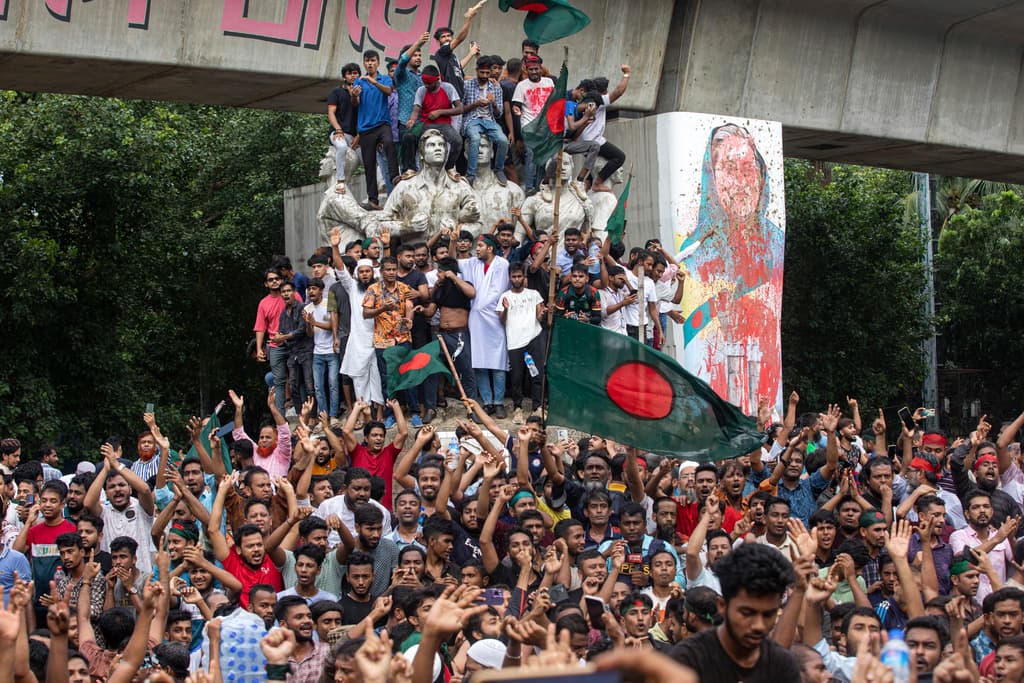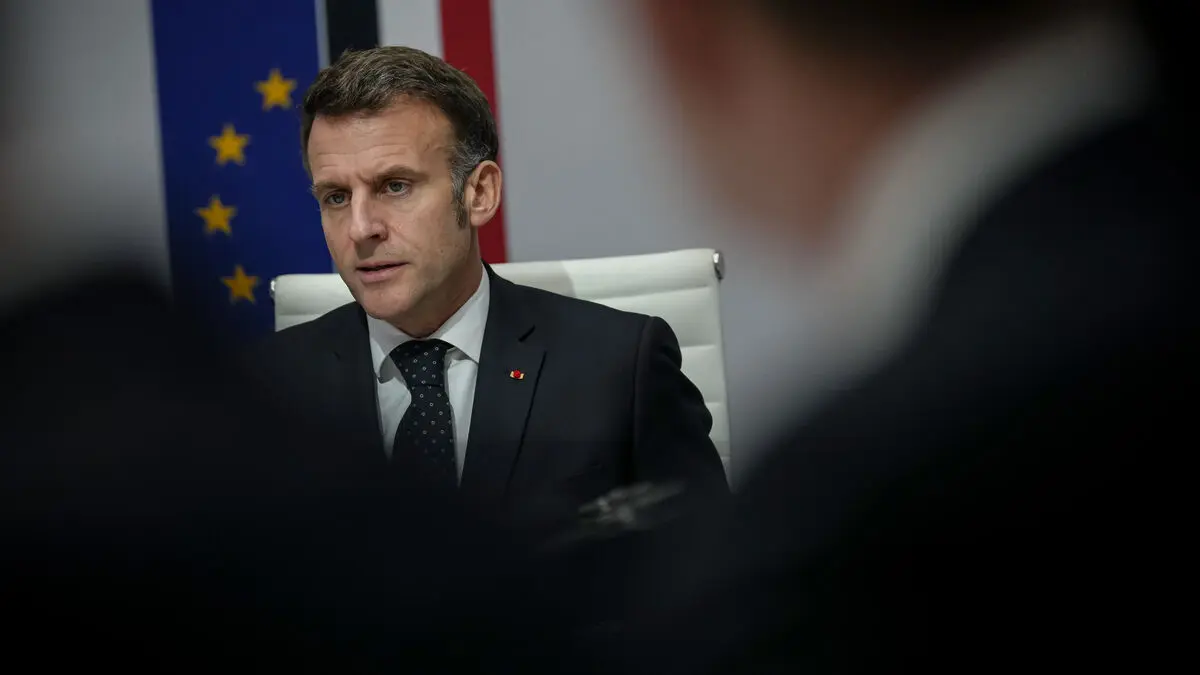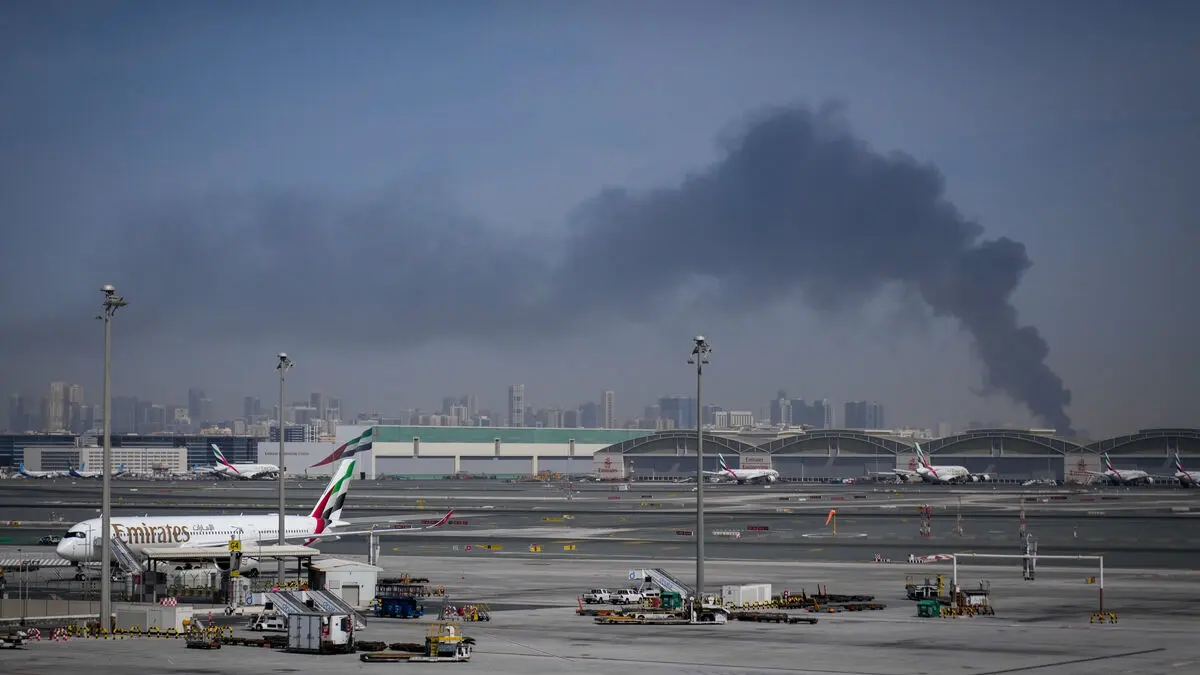Hasina has ruled the world's eighth most populous country with an increasingly iron fist for 15 years. During that time, there has been no press freedom, and laws have been used to restrict both physical and digital space.
It's a very important and historic moment for the country, everyone feels they can breathe again, says Asheque Haque, an expert on South Asia at Civil Rights Defenders and formerly at King's College in London.
The student movement is very progressive and acts smartly and long-term, Haque believes. Everyone wonders who will take over, even if it's only temporary, he continues.
According to the scarce information coming from the country, many ministers and parliamentarians who support Hasina have already left the country in the past two weeks, Haque reports.
It looks like this is a total fall for the party.
No Obvious Leader
Hasina has created a total power vacuum. All those who could have become opposition leaders have been killed or arrested or forced into exile. So now we see no one who could lead the country, says Haque.
The student movement is led by a group of people and has no single leader.
The president can use the country's constitution and assemble a caretaker government until new elections can be held. It has happened before, and there are processes for this.
It's a way, if not even more reformist agendas are presented.
But there is also a fear that the power vacuum will lead to chaos and continued violence.
When power transitions are not allowed over a longer period, much anger builds up that can explode. There have been local incidents where groups have taken revenge on, for example, the police.
Quota System and Corruption
The recent protests among Bangladesh's 170 million inhabitants have grown over several weeks. At least 300 people have lost their lives, and hundreds have been injured in the unrest.
They have primarily been directed against the country's system of quotas for government jobs, which favors groups allied with the prime minister. But behind it also lies more general corruption and a lack of democracy.
Large countries also have large stakes in how development unfolds in Bangladesh, Haque emphasizes – India has supported the Dhaka regime, while Pakistan wants to tie the country to itself and away from India.
The USA, China, Pakistan, and India are closely watching what is happening and may try to influence the situation in the country to their advantage.






